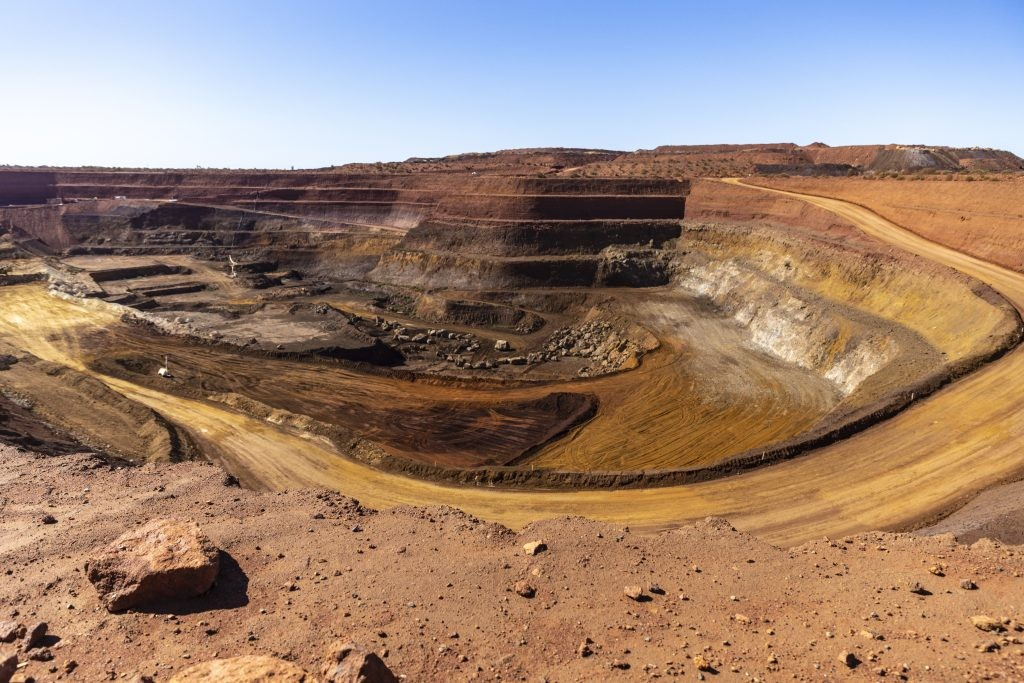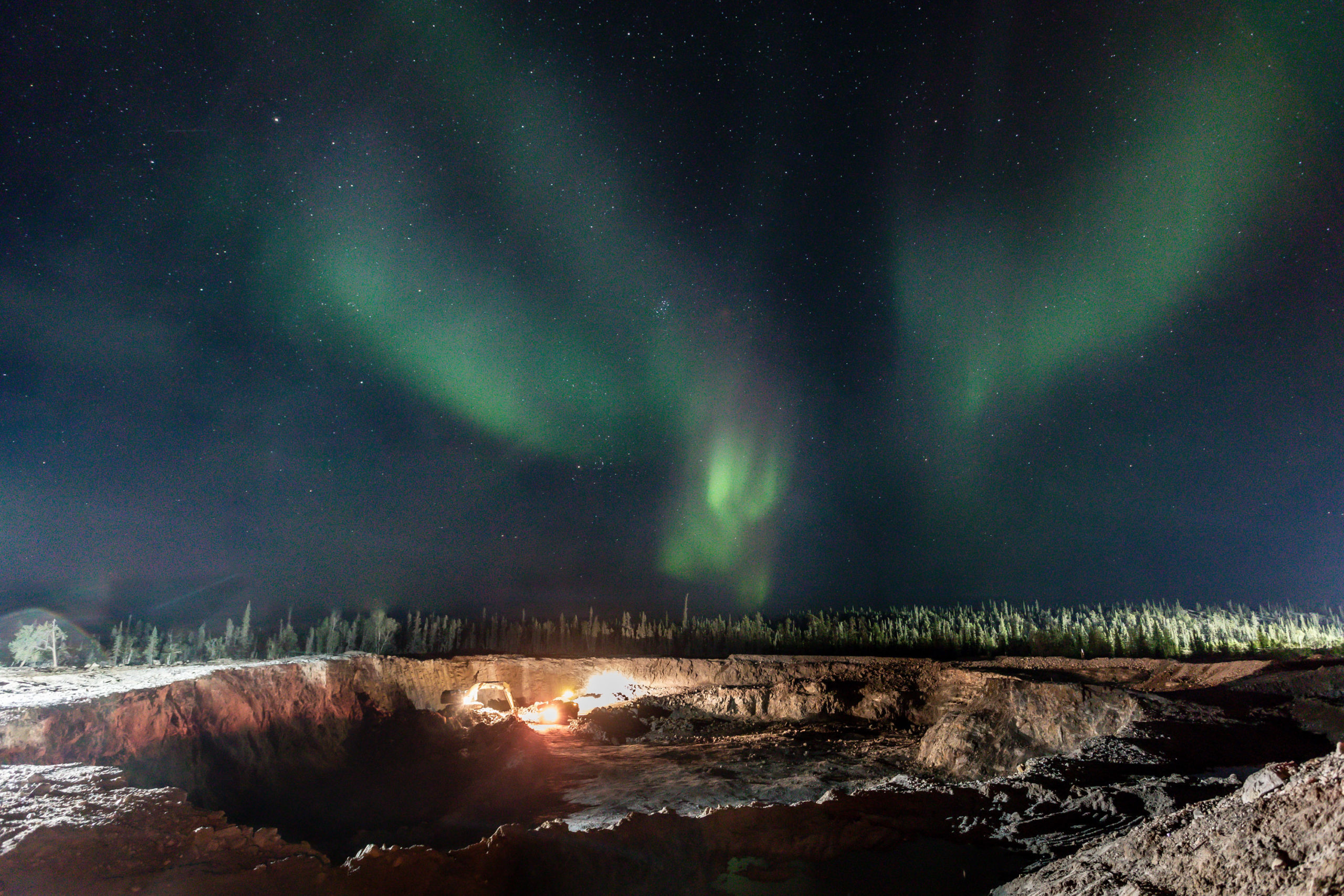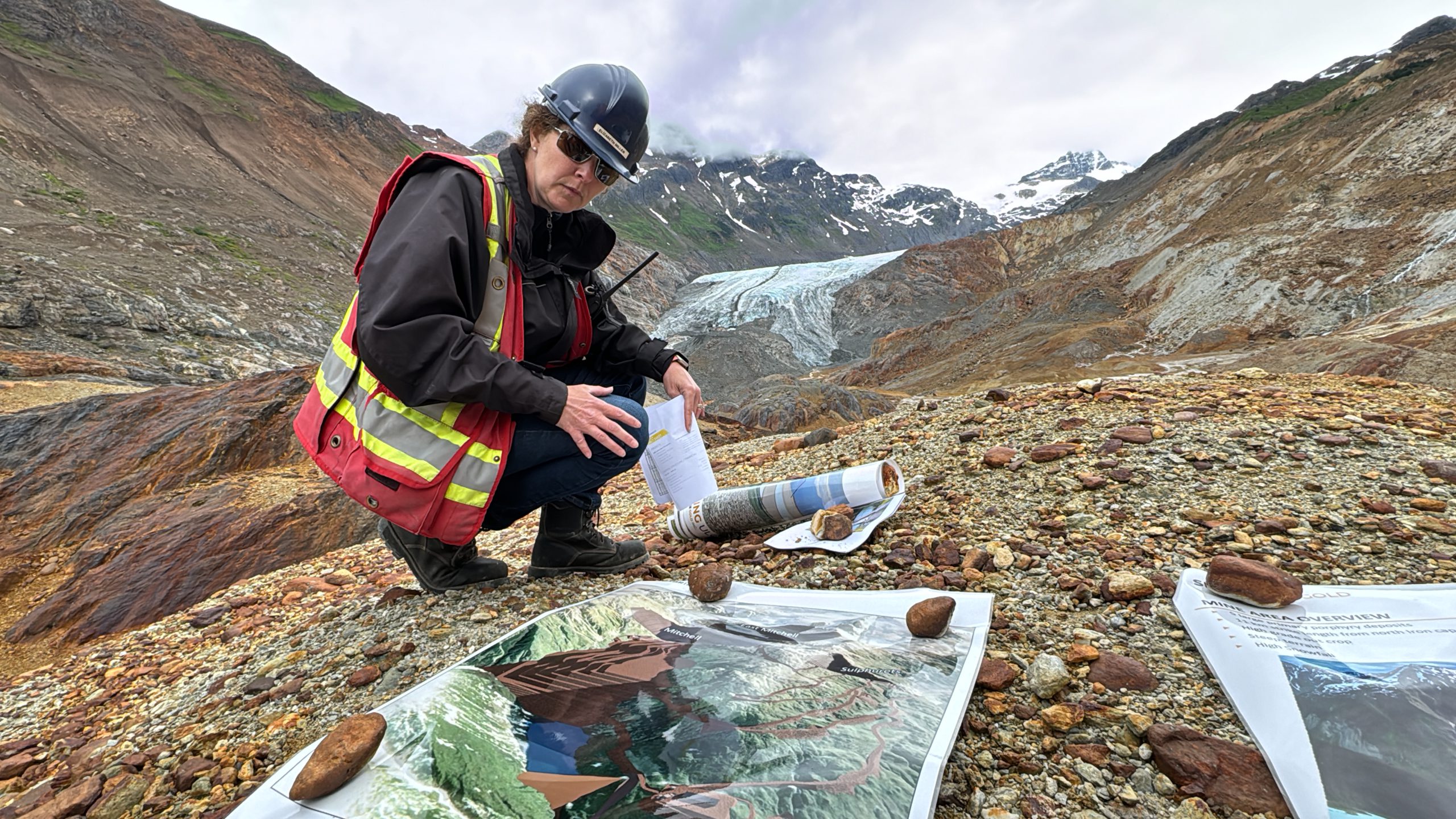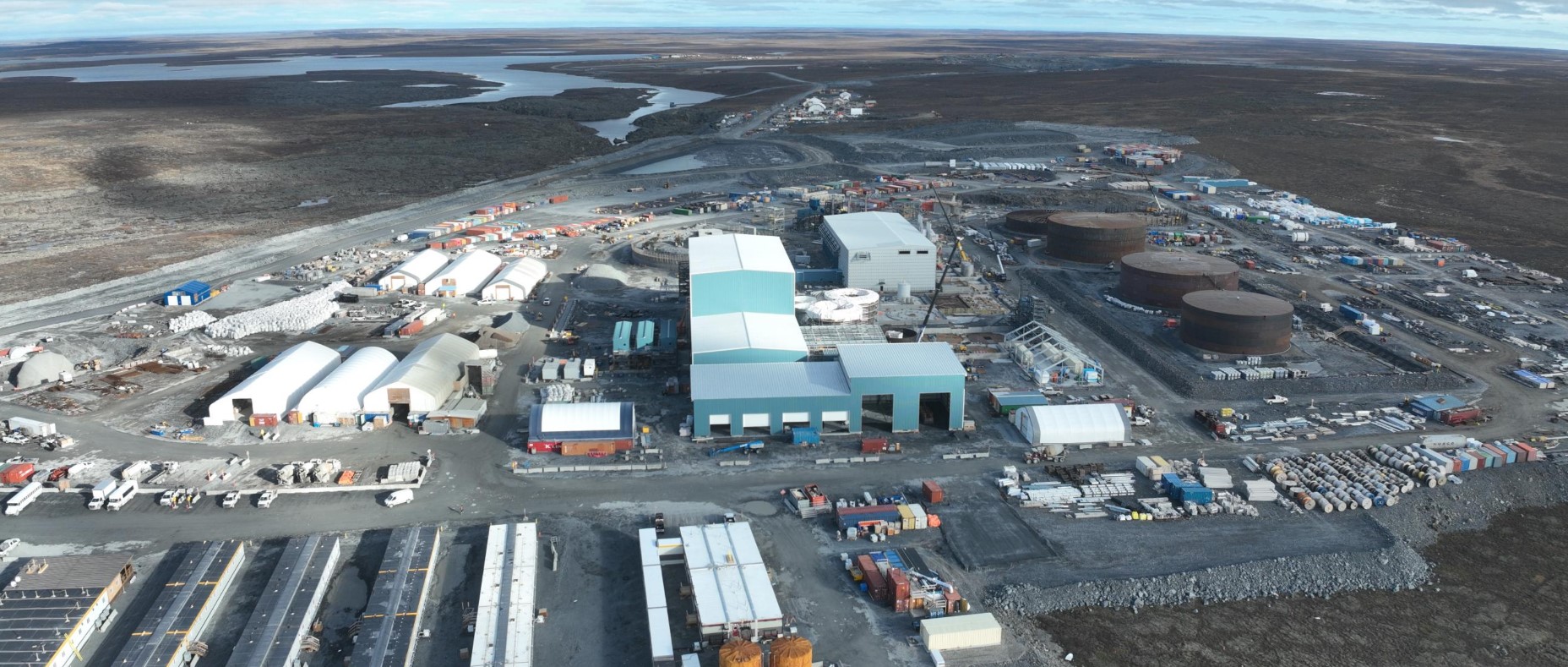The French executive and two other senior managers — former iron ore boss Chris Salisbury, and ex-corporate affairs head Simone Niven — had to step down last September. The move was a direct result of shareholder and public outcry over the destruction of the 46,000-year-old Juukan Gorge caves to expand an iron ore mine, despite opposition from traditional landowners.
Jacques’ annual pay increase was driven by a surge in the value of unvested shares awarded in 2016, when he took the company’s helm. The paycheque could have been heftier, but the sacred sites blasting cost Rio’s ex-boss performance bonuses worth an estimated £2.7 million ($3.8 million).
Salisbury received total remuneration of A$6.7 million ($5.3 million) including termination benefits and unvested share awards, from A$2.9 million in 2019. Salisbury lost a A$1.1 million short-term incentive.
Niven lost £525,000 in short-term incentives but received £5.1 million, including £1.1 million in termination benefits and unvested share awards.
Enough sanctions?
The world’s second largest miner noted that, in determining the final payout to all three departing executives, it “fully recognized the gravity of the destruction at Juukan Gorge, but [the board] was mindful that the three executives did not deliberately cause the events to happen, they did not do anything unlawful, nor did they engage in fraudulent or dishonest behaviour or willfully neglect their duties.”
Rio’s move triggered immediate criticism, with the Australasian Centre for Corporate Responsibility (ACCR), which represents institutional investors, arguing none of the three former executives should have been rewarded.
“The decision to destroy the Juukan Gorge caves was morally repugnant and financially stupid,” James Fitzgerald, strategy lead of ACCR, said in a statement. “It has already cost the company millions, and the true cost won’t be known for years to come.”
Fitzgerald added the payout casts doubt over the company’s various “expressions of sorrow and regret” over the incident.
Rio, which is also the world’s top iron ore miner, added that it had to factor in “the loss of employment for the three individuals, against the considerable achievements of those executives over many years.”
“In this context, the loss of employment was considered the greater sanction,” the company said.
Rio Tinto rewarded investors last week with the biggest dividend in its 148-year history — $9 billion in cash, including a record final dividend of $6.5 billion.




